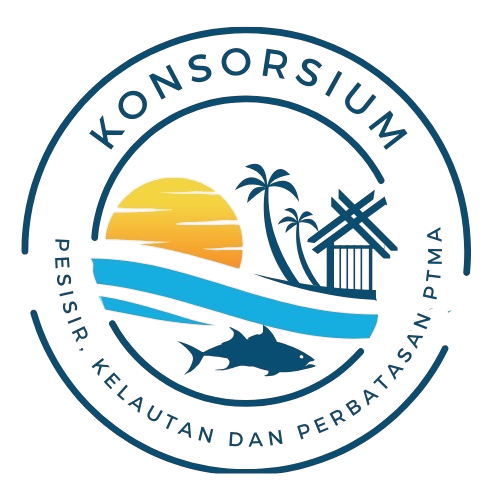Intersecting Culture: the Case of East Manggarai, East Nusa Tenggara
Keywords:
koperasi, empowerment, poverty, East ManggaraiAbstract
East Nusa Tenggara, a province in eastern Indonesia, is subject to acute poverty as a result of demographic factors and restricted access to capital, particularly for women. The economy primarily relies on agriculture, fishing, and livestock; however, productivity is low due to inefficient practices, uneven rainfall, and lengthy, dry seasonalities. Access to markets, health, education, and tourism is impeded by inadequate infrastructure, which has a detrimental effect on the quality of life and slows economic growth. Women are notably affected by the high poverty rates in East Nusa Tenggara, Indonesia. The government should incorporate sociocultural sociocultural factors into developing policies to enhance these women's well-being. Koperasi, democratic and solidarity institutions, can be employed to facilitate inclusive access to capital and foster prosperity. Koperasi may receive assistance from the government in the form of regulatory incentives, funding, educational campaigns, and skills training. Banks may also contribute to capital access; however, collateral requirements may serve as an obstruction. Regulatory incentives, collaboration with microfinance institutions, and a credit guarantee scheme can be beneficial. Gender-responsive policies should consider the community's cultural context and involve various sectors and institutions. A multisectoral approach can achieve a comprehensive policy that encompasses women's lives. The East Manggarai regional government can empower impoverished women to contribute to inclusive economic development through collaborative efforts among various stakeholders.
Downloads
Published
How to Cite
Issue
Section
License
Copyright (c) 2025 Culture, Public Policy and Inovation Journal

This work is licensed under a Creative Commons Attribution-NonCommercial-NoDerivatives 4.0 International License.








